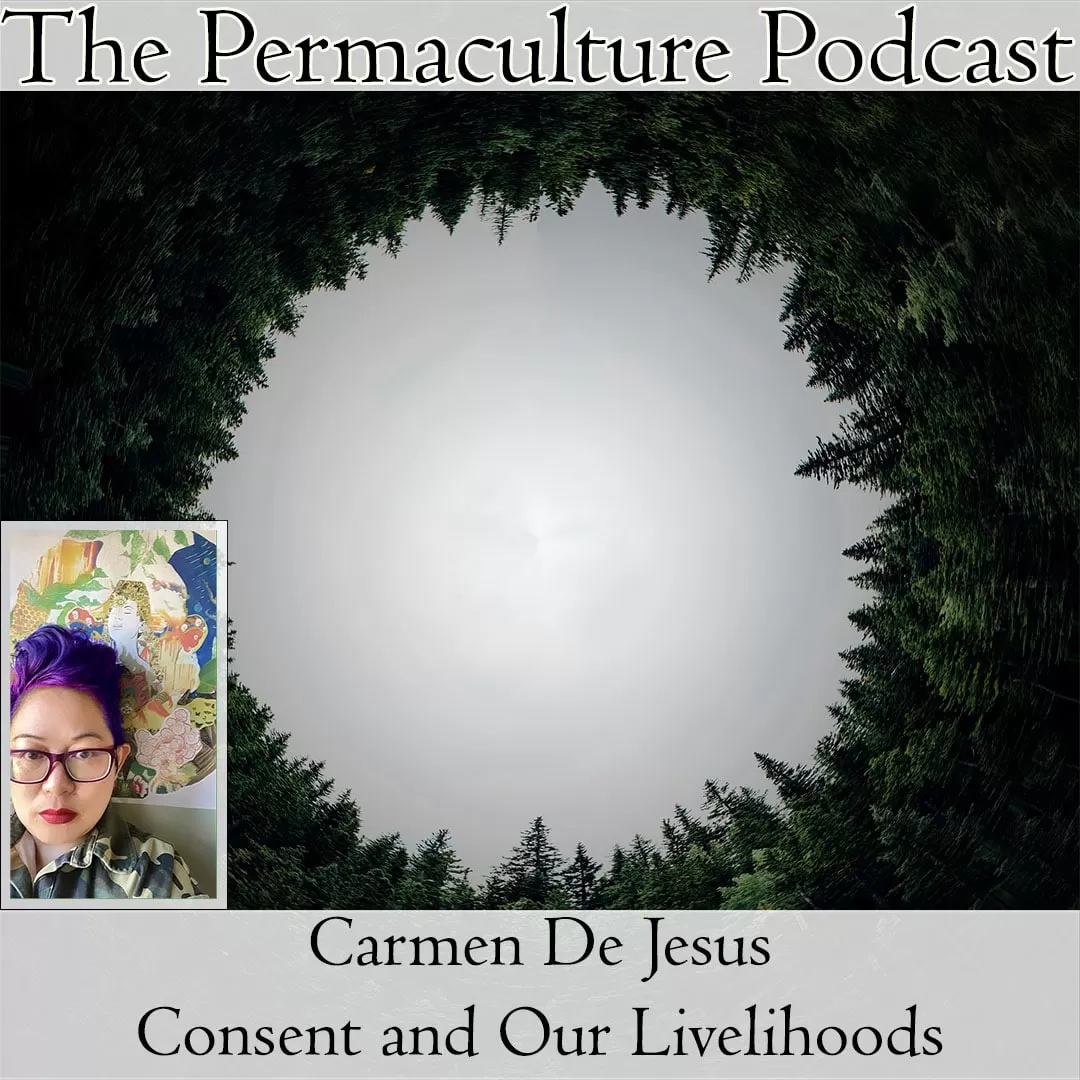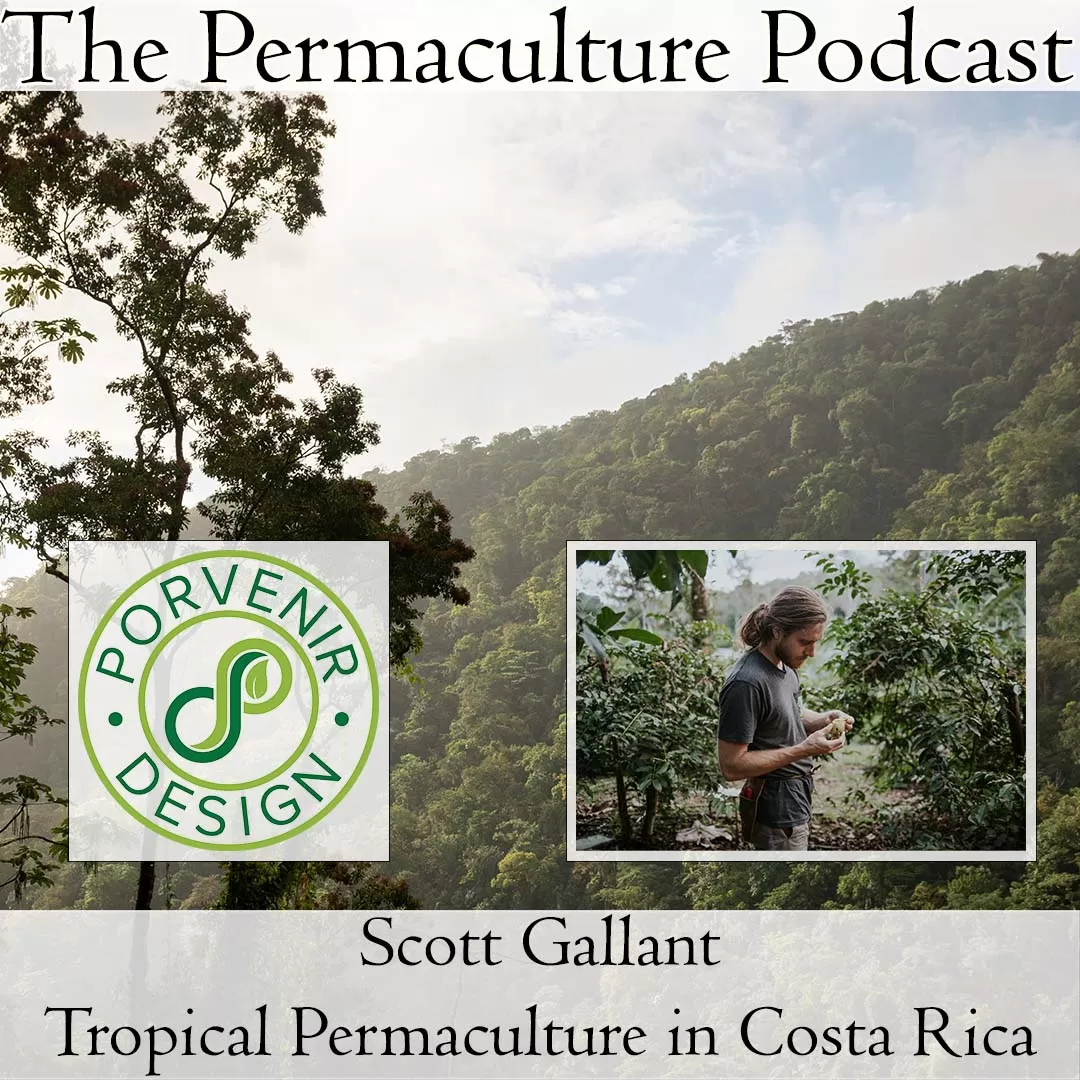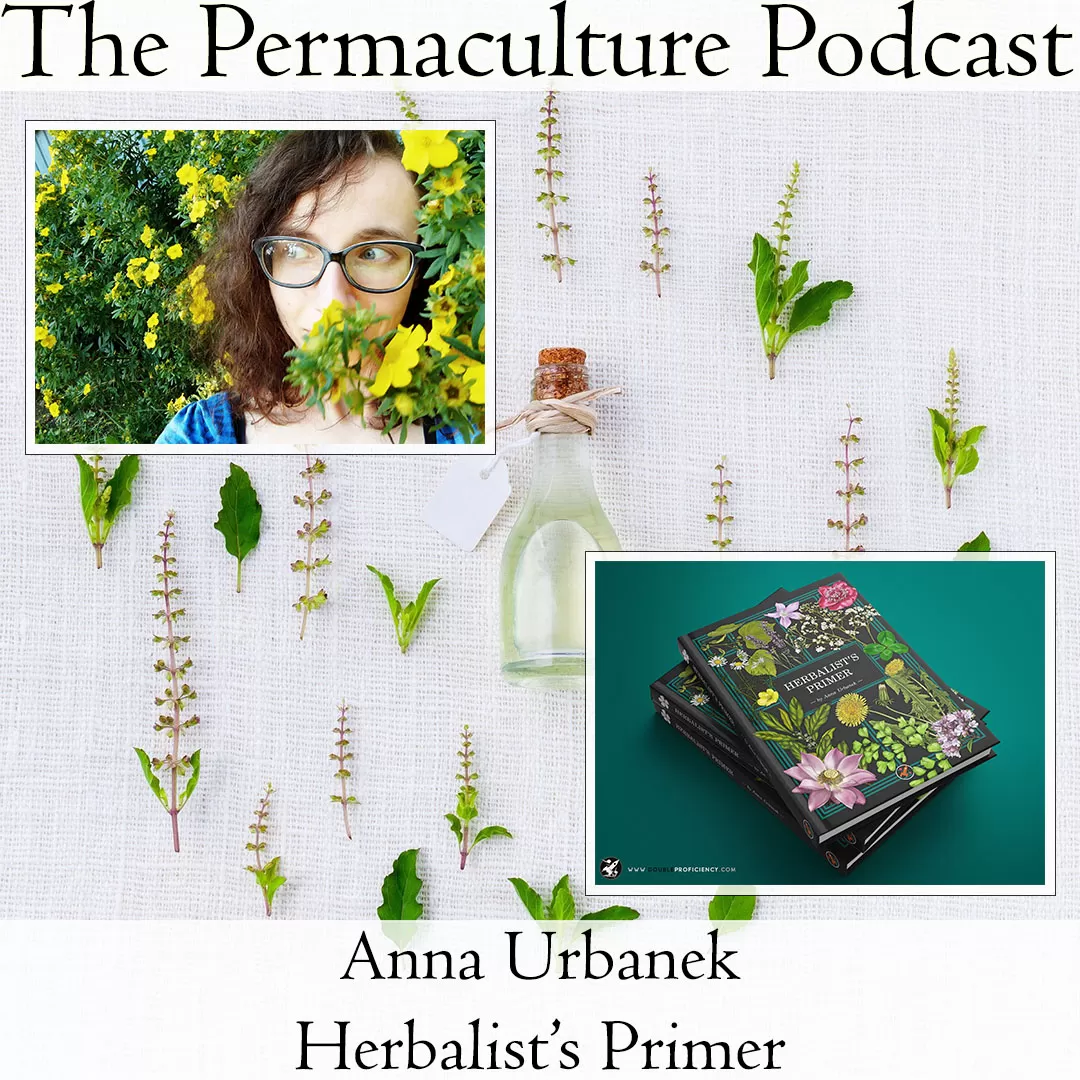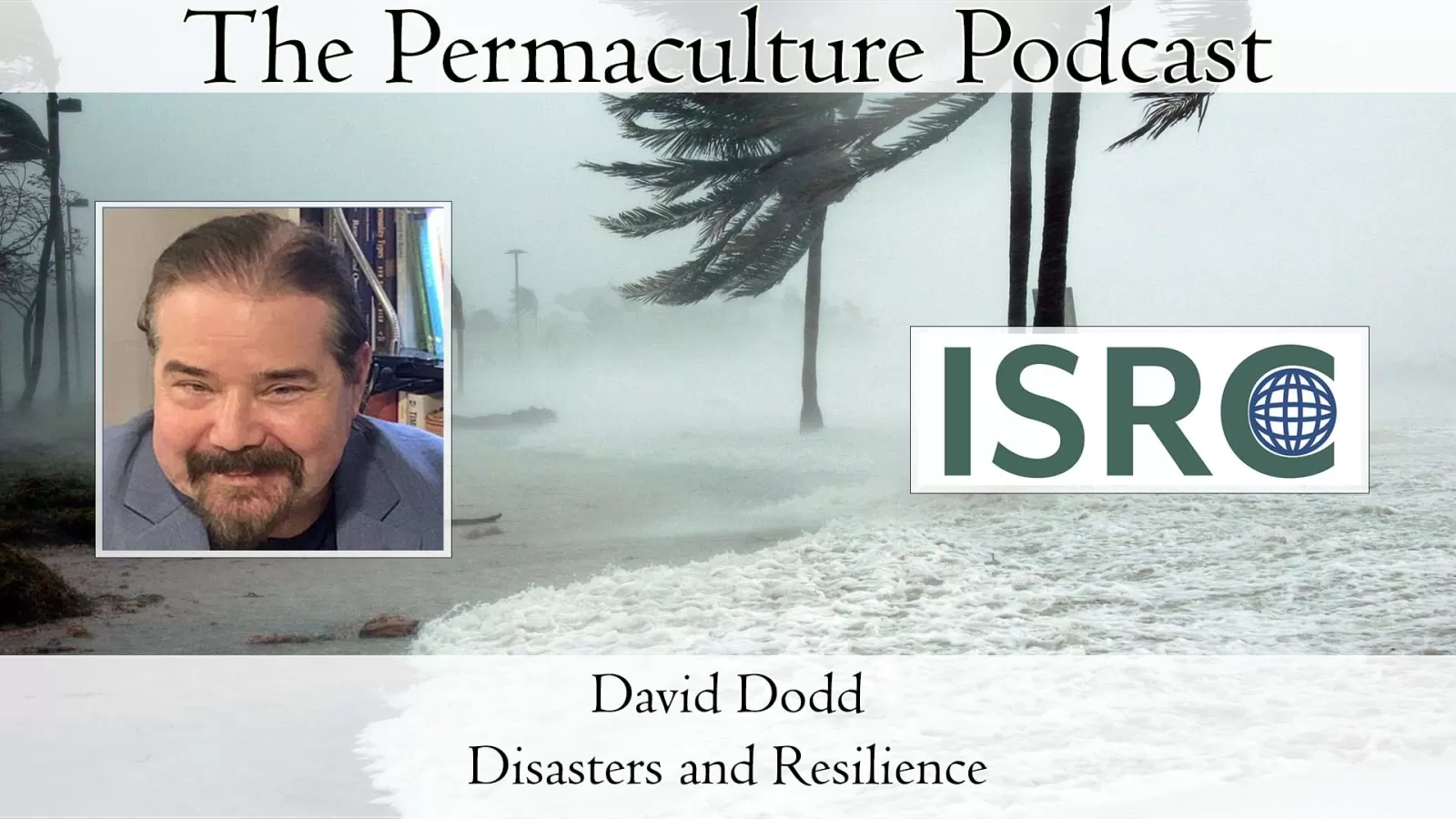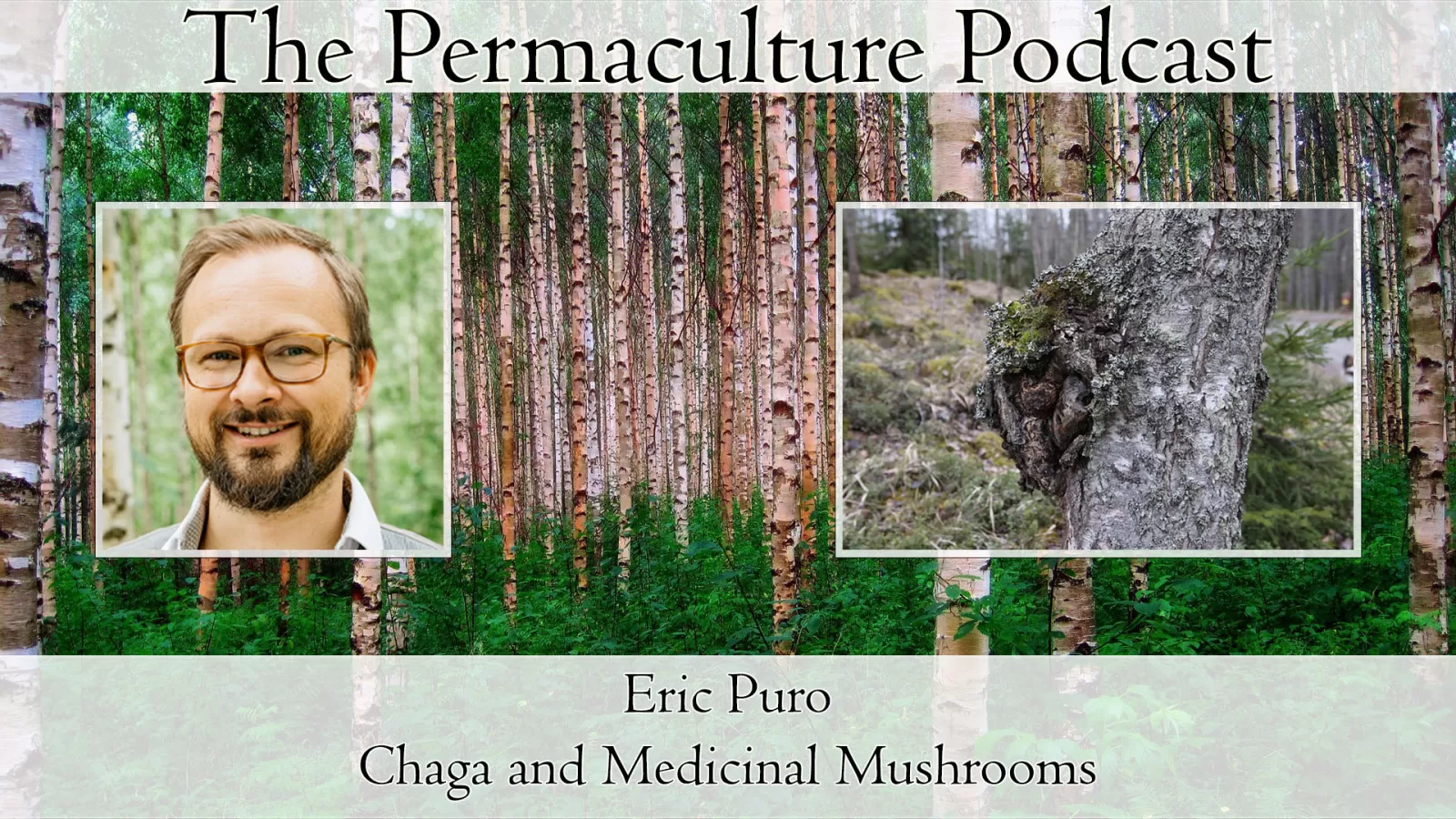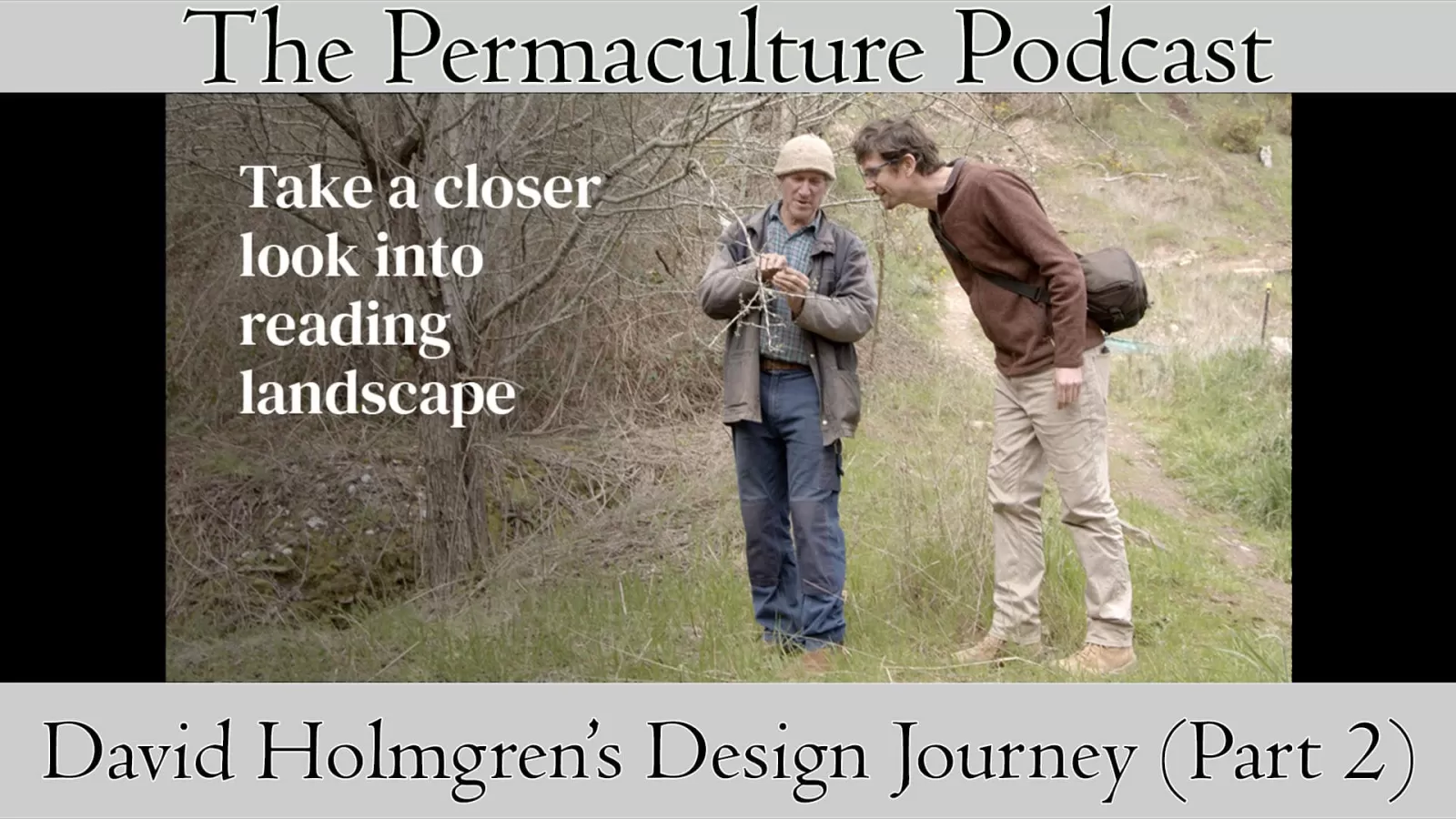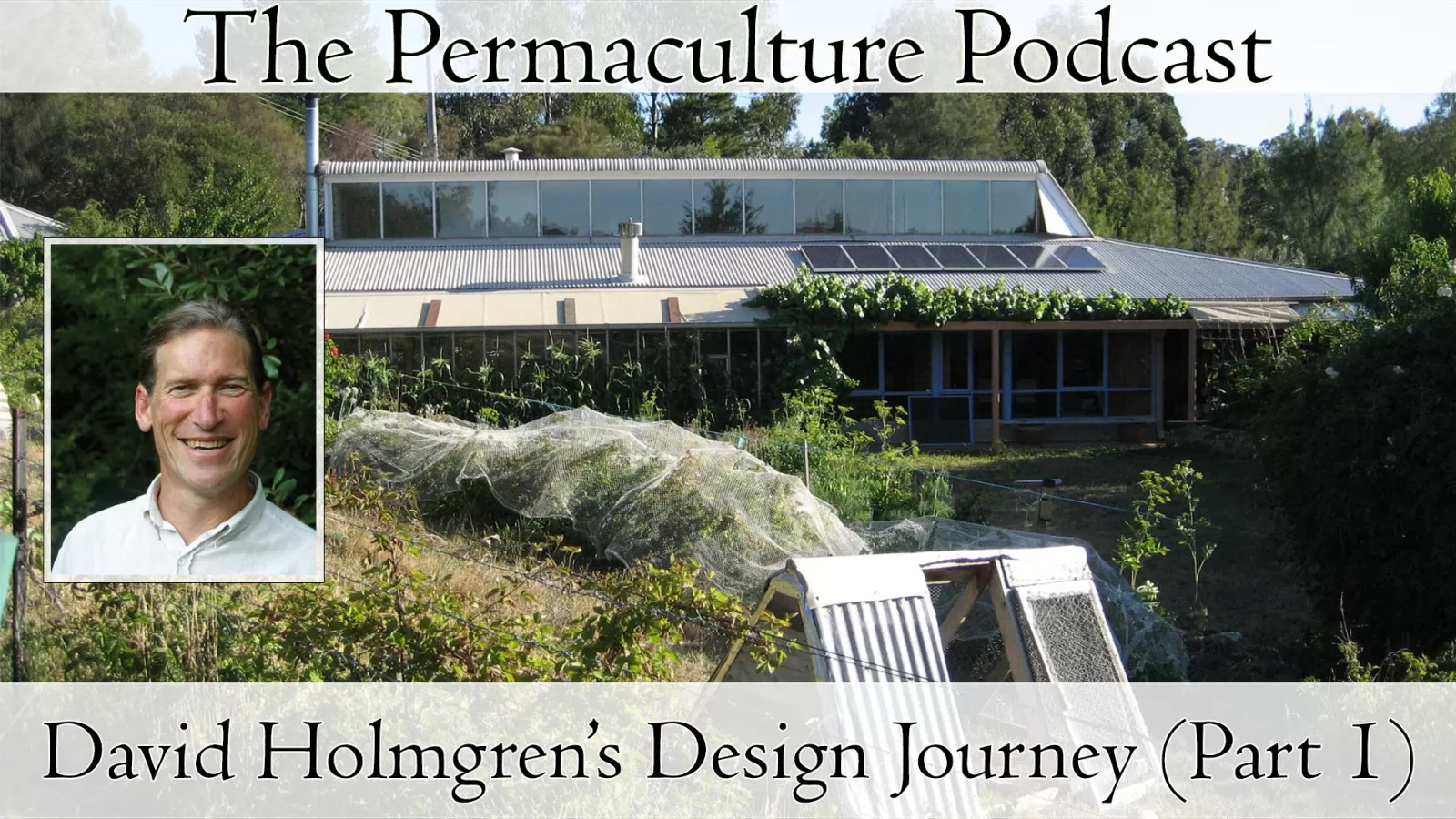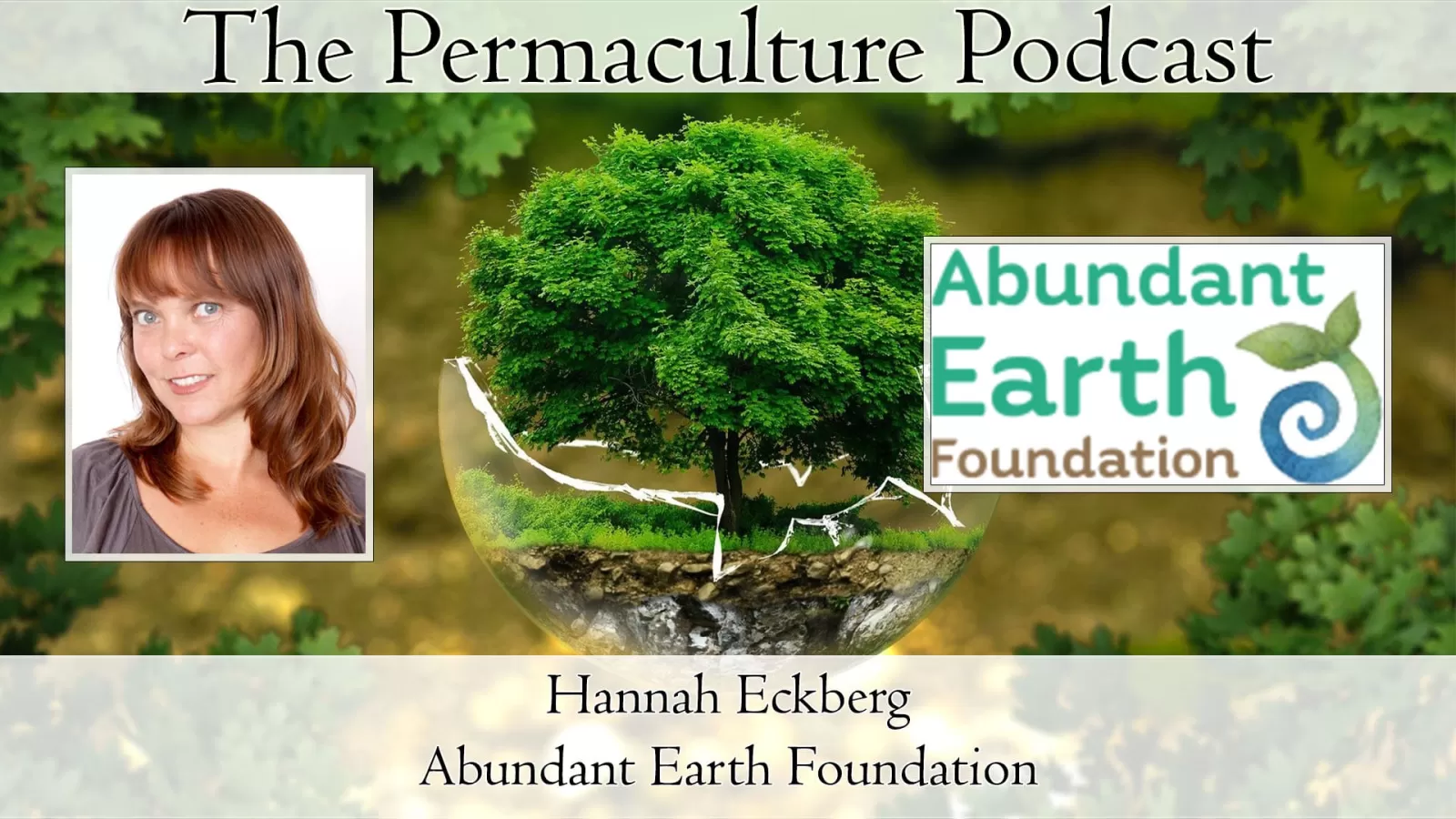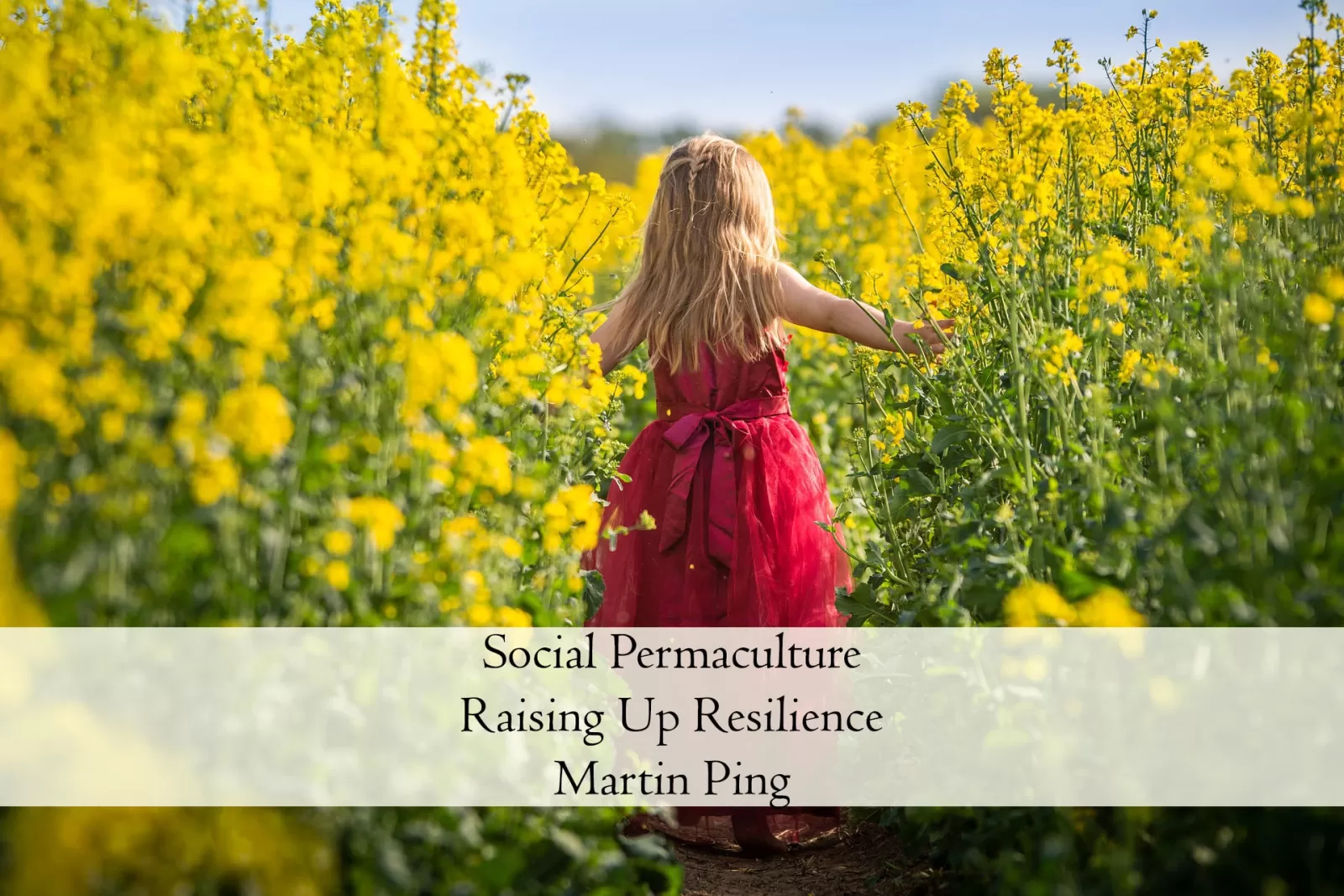Wake Up, Grow Up, Clean Up, Show Up
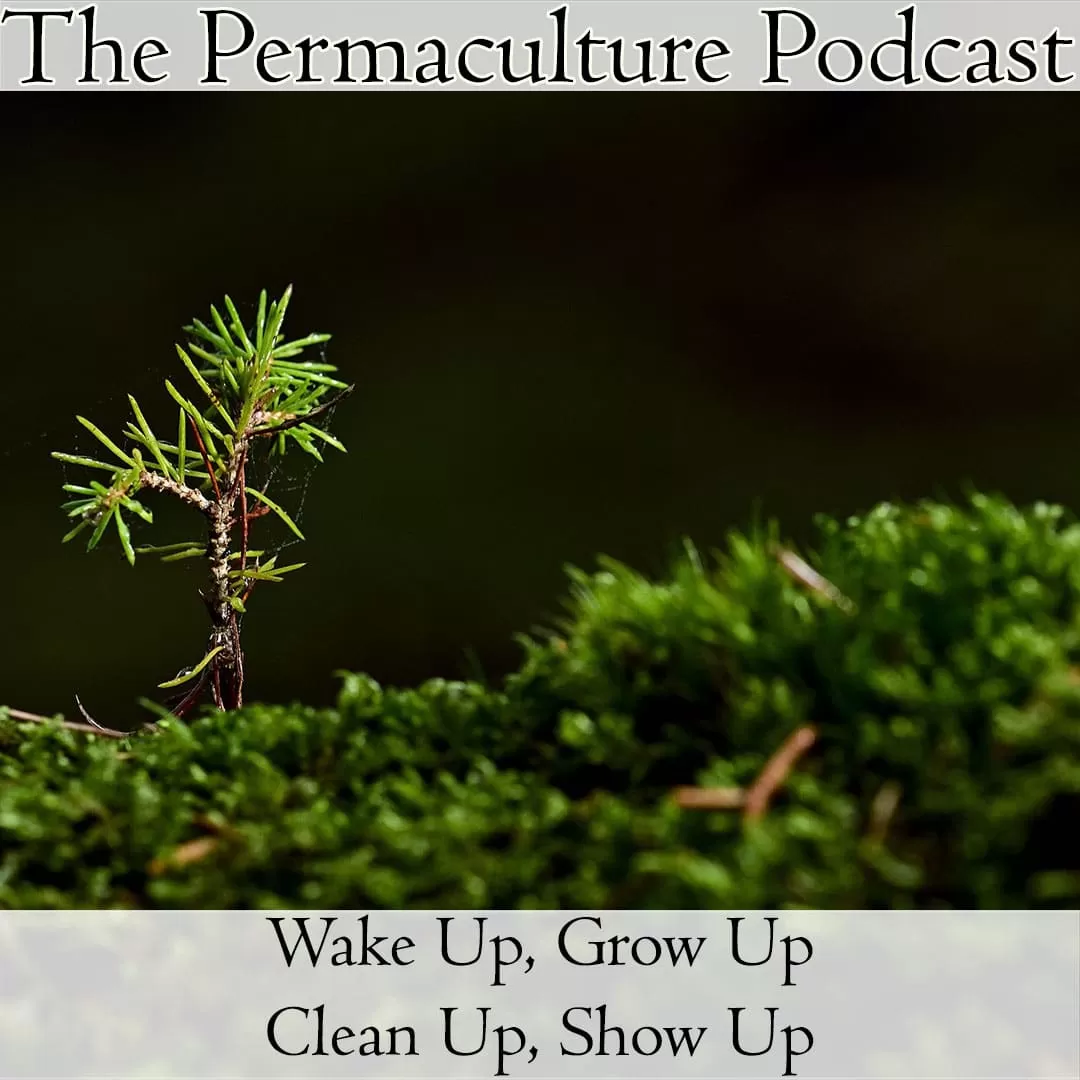
Today’s interview is a casual and relaxed conversation, as I sit down with my co-host, David Bilbrey, and turn the mic towards him to discuss what brought him to permaculture and the ideas that influence how he sees the world. We touch on the work of Ken Wilber and Integral Theory, what community can mean in an internet-connected age, how podcasts make the world smaller as we hear from people we might not encounter otherwise, and the importance of sitting down to listen to a conversation between two people.
David’s website, which includes the interviews he recorded for The Permaculture Podcast, is ecothinkit.com.
We’re looking to have David turn the mic towards me sometime in the future. If you have any questions you’d like David to include in that conversation or ones you’d like me to ask him, leave a comment.
Until the next time, show up every day while taking care of Earth, your self, and each other.
Join the Podcast Patreon Community
More Information on Integral Theory
Ken Wilber - Integral Theory (Wiki)
Spiral Dynamics (Wiki)
Integral Recovery (Website)
Integral Recovery by John Dupuy (Book - GoodReads)
Developmental Politics by Steve McIntosh (Book - GoodReads)
Post Progressive (Website)
Integral Life (Website)
Crowdocracy (Book - GoodReads)
Integral Theory Podcast
The Daily Evolver
Everyone is Right - Integral Life (iTunes)
Everyone is Right - Integral Life (Google Play)
Also Mentioned:
Doxacon - Faith and Fandom Convention (Online Conference)


